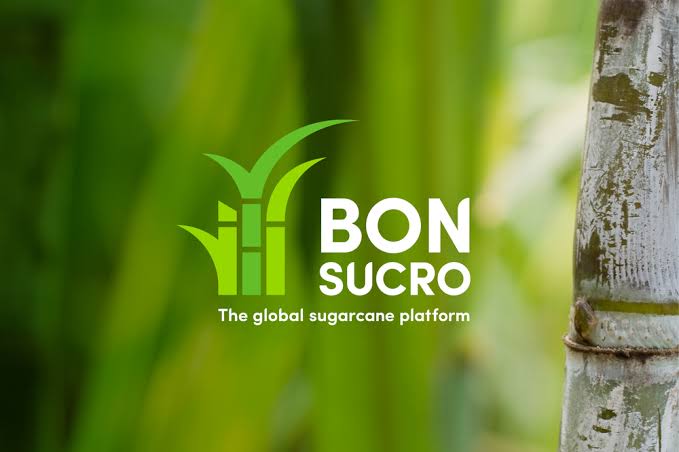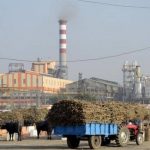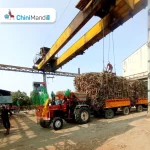Bonsucro, the leading global sustainability platform for sugarcane, has launched a project to develop science-based targets and tools that will help companies in the sugarcane sector to reduce their greenhouse gas emissions in line with science to create a stable climate. The announcement was made at Bonsucro Global Week in Ribeirao Preto, Brazil to an international audience of 250 people.
To avoid catastrophic impacts from climate change, global warming needs to be kept below 1.5°C. Bonsucro is working with sustainability consultant, Quantis, to develop a GHG mitigation pathway for sugarcane.
Bonsucro has over 290 members in more than 50 countries across the whole sugarcane supply chain and will use its convening role to lead the way to a net-zero, climate-resilient future.
Bonsucro’s members are committed to change and strive to boost sustainability in sugarcane production and processing.
On average, Bonsucro-certified mills and farms reduce their CO2 emissions per kilo of sugar by 18% within five years. Reductions come from implementing more environmentally friendly farming and milling practices such as lower fertiliser use and more efficient transportation. However, there is more to do.
The GHG mitigation project will calculate a baseline of land-based greenhouse gas emissions per kilogram of sugarcane produced. It will then set ambitious but achievable targets to reduce these emissions. The pathway will also consider sugarcane’s strength in efficiently removing carbon from the atmosphere, and the environmental benefits of using sugarcane derivatives as alternatives for fossil fuels, such as biofuels and bioplastics.
Through the project, Bonsucro will share sector-wide methodologies and metrics for monitoring forest, land and agriculture (FLAG)-related carbon emissions that will enable companies to set reduction targets, grounded in science. These will cover scope 1 (direct), scope 2 (indirect) and scope 3 (supply chain) emissions in sugarcane production up to the farm gate.
The project has the backing of several key industry partners, including three mill groups in Brazil: Tereos, Raízen, and Sao Martinho, all of which were at Bonsucro Global Week for the announcement. Each mill group has agreed to pilot the tool next year.
Oscar Paulino, Sustainability Manager of Grupo Sao Martinho, said, “São Martinho is in the process of defining science-based climate goals and Bonsucro’s pioneering approach to designing an industry-specific method for defining these goals will be essential for the contribution to be significant and for all the climatic benefits of the production, processing and use of sugarcane derivatives to be taken into account.”
Although a growing number of companies have made commitments to net-zero emissions and to support the Paris Agreement on climate change, many aren’t grounded in science. Bonsucro wants to use its position as a global sustainability platform to ensure the pathway is useful for all actors in the sugarcane value chain, in all countries.
Danielle Morley, Bonsucro’s CEO said, “Over the past few days at Bonsucro Global Week, we’ve heard from a range of stakeholders that the sector is ready to scale up sustainability efforts. Our new project will provide our members and the wider sector with practical guidance and tools to tackle the climate crisis and reduce their greenhouse gas emissions. Bringing the sector together and looking for solutions like this is exactly what Bonsucro is about.”
The project will be finalised at the end of 2023 when Bonsucro published its sector targets and tools. Bonsucro is looking for organisations to contribute to the project by volunteering to pilot the tool, sharing public support for a sector-wide approach, and joining a public consultation in 2023. Details of how to do this are found on Bonsucro’s website.
Bonsucro has been driving sustainability in sugarcane for more than a decade. The organisation really captured the attention of the sector this week at Bonsucro Global Week. The event was opened by Joaquim Leite, Brazil’s Ministry of Environment alongside other high profile industry players such as Danielle Machado S. Conde, from Brazil’s National Agency of Petroleum, Natural Gas and Biofuels (ANP), and Carolina Matos, the Secretariat of Agriculture and Supply of the State of Sao Paulo.
Representatives from big brands such as PepsiCo, The Hershey Company, Ferrero, and Tetra Pak also attended.













